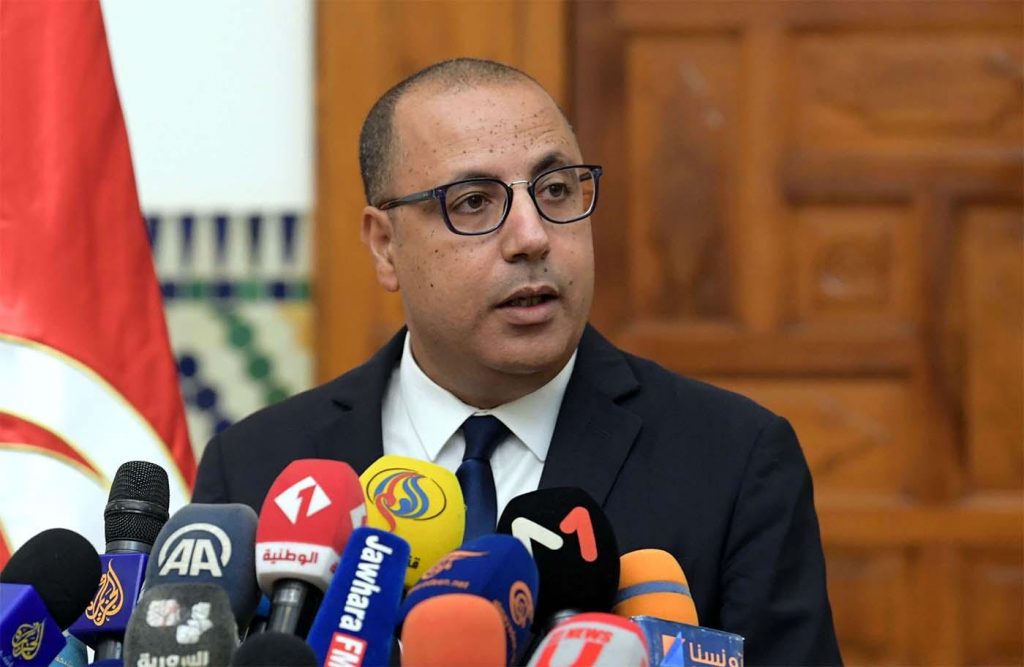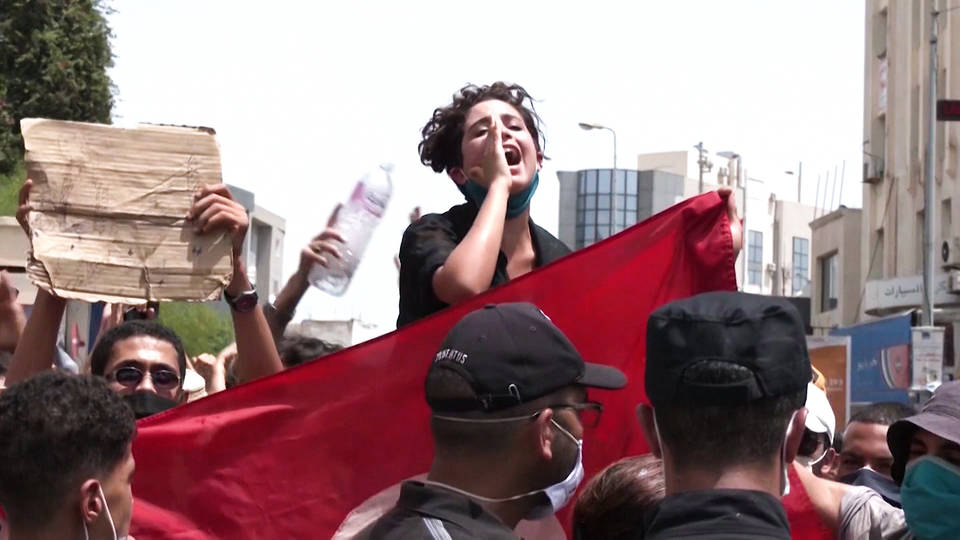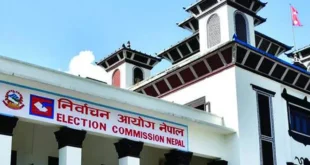Special Desk
Prime Minister of Tunisia lost job after violent mass protest over covid. Tunisia’s president sacked the PM Hichem Mechichi and also suspended the parliament.
Anger over the government’s handling of a massive recent spike in Covid cases has added to general unrest over the nation’s economic and social turmoil. President Kais Saied, who was elected in 2019, announced he was taking over.
His supporters erupted in celebration, but opponents in parliament immediately accused him of staging a coup. Clashes among rival groups continued even on Monday.

They threw stones at each other outside the legislature, which has been barricaded by troops, who have also prevented workers from entering some government buildings.
Saied, an independent, has had a long-standing feud with the man he has removed, Hichem Mechichi who has the backing of the largest party in parliament, Ennahda.
Tunisia’s revolution in 2011 is often held up as the sole success of the Arab Spring revolts across the region, but it has not led to stability economically or politically.

The recent coronavirus surge has fuelled long-standing public frustration. The health minister was sacked last week after a bungled vaccination drive.
On Sunday thousands of people across Tunisia demonstrated against the PM and Ennahda, the moderate Islamist ruling party. Its local headquarters in the south-western city of Touzeur were set on fire.
One protester in Tunis, Lamia Meftahi, told this was the happiest moment since the revolution. In the early hours of Monday, the speaker of parliament, Rached Ghannouchi, who leads Ennahda, tried to get into the legislature in Tunis. He was blocked by those who supported Saied’s move, and responded with a sit-down protest with his own loyalists.
Covid is only one factor in the unrest. Tunisia has had nine governments since the 2011 revolution, many of them short-lived or fractured. Deep-rooted problems of unemployment and crumbling state infrastructure that were behind the uprising have never been resolved.
Tunisia now has budget deficits and debt repayment issues that could require a new loan from the International Monetary Fund (IMF). But that could hurt Tunisians with the loss of state jobs and reduced subsidies on goods.
 Jubilee Post News & Views
Jubilee Post News & Views





